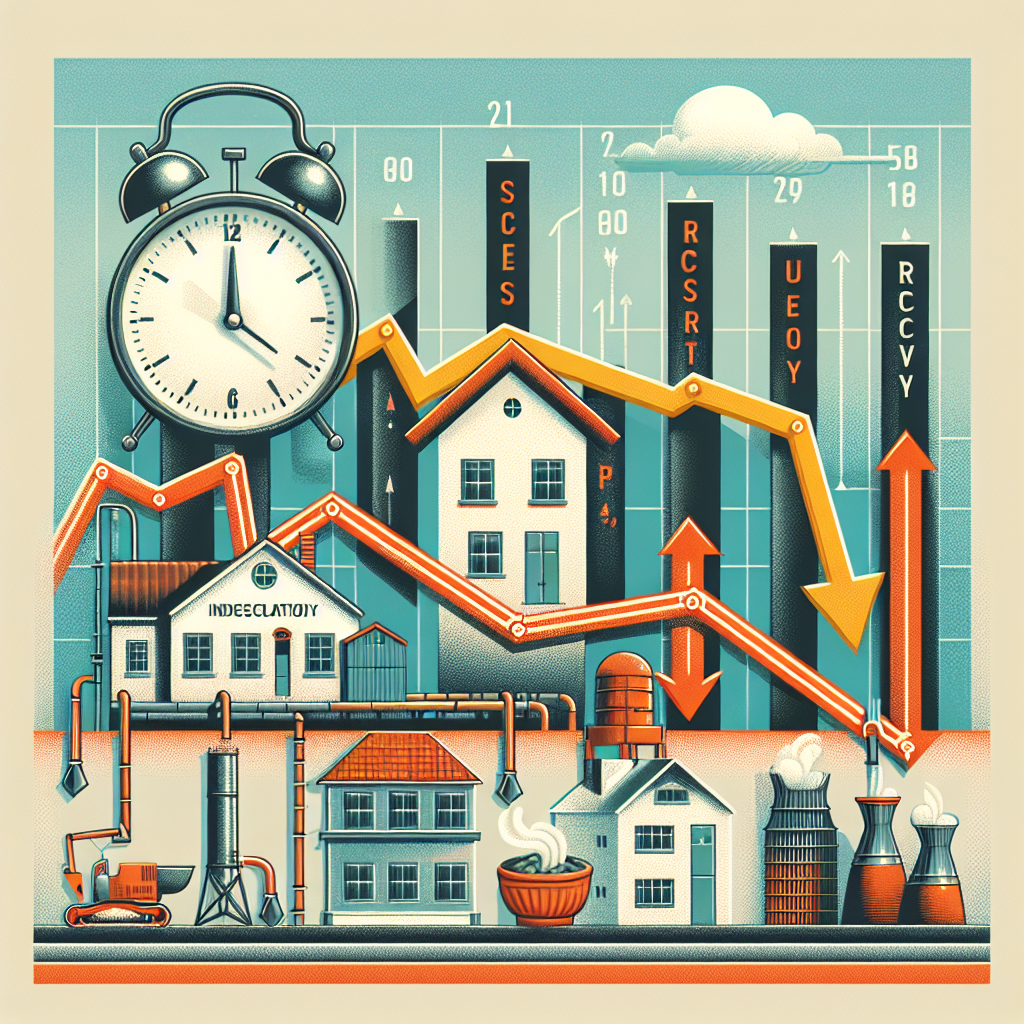In November, China’s consumer growth slowed down, and there was a deceleration in real estate investment as well. Signs of industrial sector recovery were limited, highlighting the severe challenges that the Chinese Communist Party will face next year amid external uncertainties and continued economic downturn. The inauguration of U.S. President-elect Trump (Donald Trump) could further deteriorate U.S.-China trade relations, impacting Chinese exports.
On Monday, December 16th, the Chinese National Bureau of Statistics announced that retail sales grew by 3% year-on-year, lower than the 4.8% in October, marking the slowest growth rate in three months.
Specifically, sales of various non-essential consumer goods declined, with cosmetics leading the downturn with a 26% year-on-year decrease in sales. Sales of beverages, tobacco, alcohol, and clothing also saw declines.
The latest consumer data indicates that despite large-scale online shopping promotions and government subsidies through programs like cash-for-clunkers that boosted sales in industries like automobiles, retail sales data remains weak.
Xing Zhaopeng, Senior China Strategist at ANZ Bank, told Bloomberg, “The overall situation still indicates imbalances in supply and demand, pointing to the prospect of deflation.”
Fixed asset investment from January to November this year grew by 3.3% compared to the same period last year, slightly below the expected 3.4%. In the period of January to October, fixed asset investment grew by 3.4%.
Real estate investment has been a major drag on the Chinese economy. From January to November this year, real estate investment declined by 10.4% year-on-year, compared to a 10.3% decline in the first ten months.
In recent months, the Chinese government has increased incentives for home purchases, including lowering mortgage rates and minimum down payment requirements, as well as providing tax benefits to reduce housing transaction costs. However, most analysts believe that a steady recovery in the real estate industry seems distant.
Following the release of this data, the Shanghai and Shenzhen 300 Index fell, with a decline reaching 0.5% at one point. The benchmark 10-year government bond yield continued to decline, dropping by 6 basis points on that day to a historic low of 1.73%.
U.S. President-elect Trump is set to take office on January 20th next year. Trump has recently promised once again to impose tariffs on China. Market expectations suggest that the external environment will be more volatile next year, potentially weakening exports and further affecting China’s economic growth momentum, as exports have contributed nearly a quarter to economic growth this year.
According to Reuters, Julian Evans-Pritchard, Director of China Economics at Capital Economics, said, “Although recent policy relaxations have brought some positives, the Chinese economy seemed to have slowed down last month.”
“We doubt that stimulus measures can only provide short-term improvements, especially once President Trump begins to act on some of his tariff threats. The current strong demand for exports is unlikely to continue for long.”
In November, China’s industrial output increased by 5.4%, roughly on par with the previous month’s performance.
Michelle Lam, the Chief China Economist at Societe Generale in Hong Kong, told Bloomberg, “The data shows that domestic demand recovery remains slow, and the stability of industrial production may be due to some orders being placed ahead of the implementation of U.S. tariffs, which is not sustainable.”

